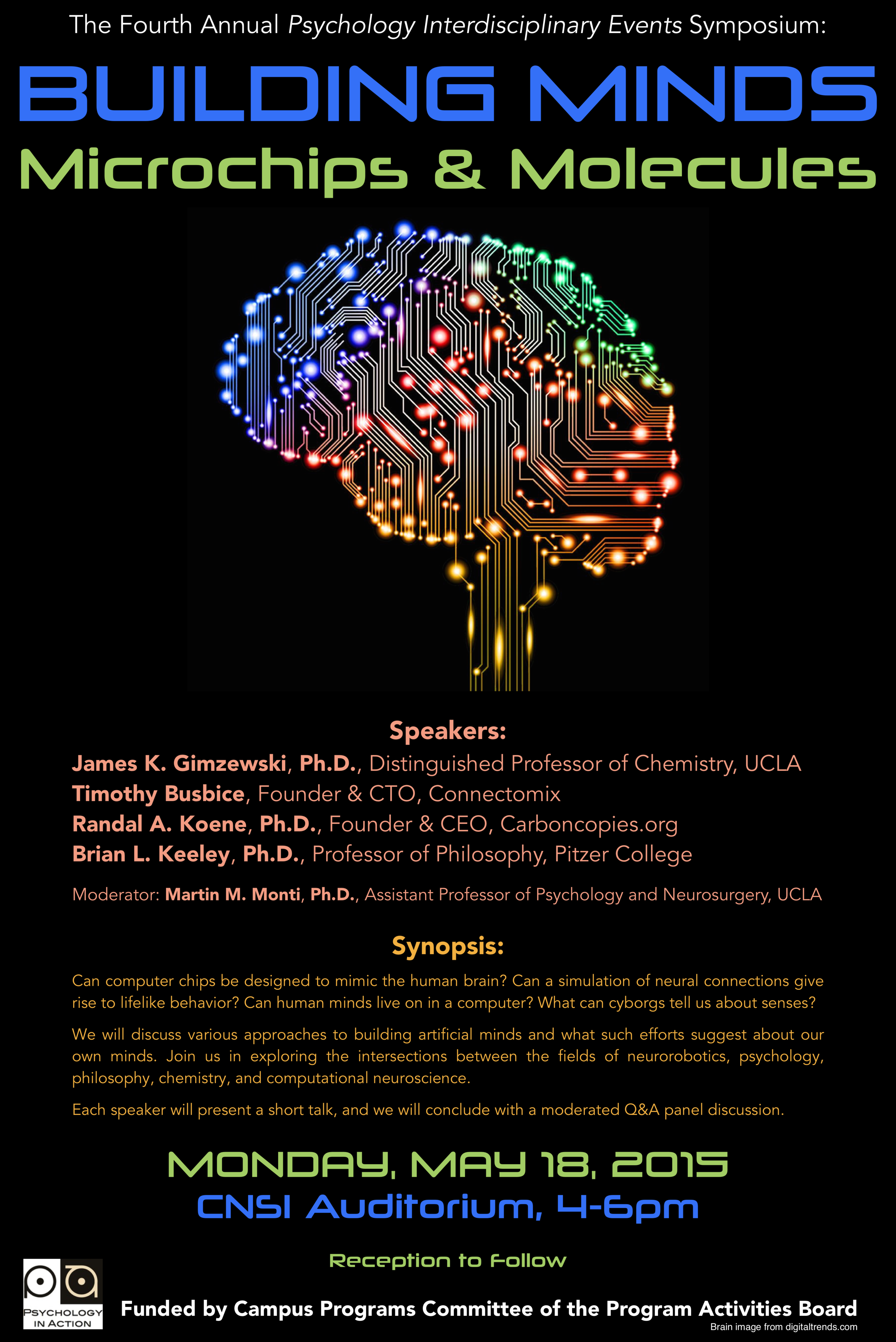-
The Psychology of Climate Change

This article explores the psychological and social challenges in addressing climate change, emphasizing how evolutionary and cognitive biases hinder our responses to this global crisis. It delves into the complexities of human behavior and societal structures that make it difficult to enact effective climate action and considers how these obstacles might be overcome through increased…
-
Behavioral Economics: How Psychology Can Inform Other Fields

Picture this: Two economists are going on a leisurely stroll together when they stumble upon a one-hundred-dollar bill lying on the sidewalk. The two promptly walk past it without giving it much attention. One of the economists turns and says, “Did we just pass a $100 bill on the ground?” The other economist replies, “Of…
-
Addressing the Portrayal of Mental Illness in Film and Television

With accessibility to film and television at an all-time high, this form of media reaches a very large audience. It is easy for us to get caught up in the plot of our favorite movie or TV show, without realizing the lasting effects that these films and shows have on the way we think and…
-
Probing the Mind: Testing the breaking point of neuropsychological assessments

Medicine and psychology intersect more than you would expect. In particular, tests developed based on psychological concepts are used frequently in clinical evaluations to assess different aspects of a patient’s cognitive abilities. However, there are important limitations to these tests that become evident in cases of severe disease. Research has moved towards using neurophysiological methods…
-
If I told you I’d have to exclude you: Do online research participants have too much experience?

When I was an undergraduate Research Assistant, I worked with two- to six-year-old kids in a developmental psychology lab. Aside from my general incapacity to get small children to cooperate, the data collection process took an excruciatingly long time. It can be hard to find people to participate in studies, especially when many of the…
-
The Psychology of Computer Rage

If you’ve ever used a computer to accomplish a task within the last 20 years, you’ve probably had a melt-down moment— viruses, blue screens, ads that won’t close, and the oh-so feared act of downloading a word document, only to save and close it into nothingness (a plague upon the early 2000’s). I once lost…
-
Highlights of “Building Minds”

For those who missed “Building Minds: Microchips & Molecules”, here is a taste of the action. For all who packed the CNSI auditorium in May for our annual interdisciplinary symposium, here is a quick trip down memory lane. Enjoy! Gimzewski (’15 symposium) UCLA’s James Gimzewski cited Alan Turing in his talk describing his research on…
-
“Building Minds: Microchips & Molecules” Symposium – May 18, 2015

Psychology in Action is proud to announce the fourth annual Psychology Interdisciplinary Events symposium, Monday, May 18th, 2015, from 4 to 6pm in UCLA’s CNSI Auditorium. The discussion will focus on various attempts to create artificial minds and what they tell us about our own minds. The event is completely FREE and open to the general…

